af Gail Degagne 5 år siden
611
Positive Mathematical Mindsets in the Early Learning Kindergarten Classroom, My Journey By Gail Degagne
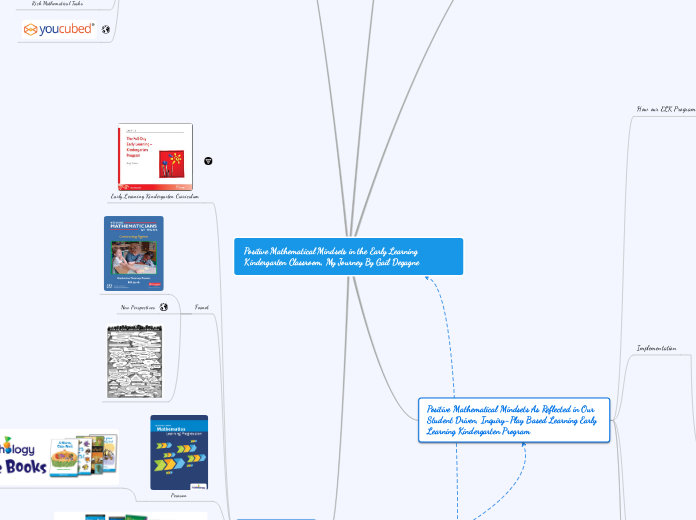
af Gail Degagne 5 år siden
611

Mere som dette
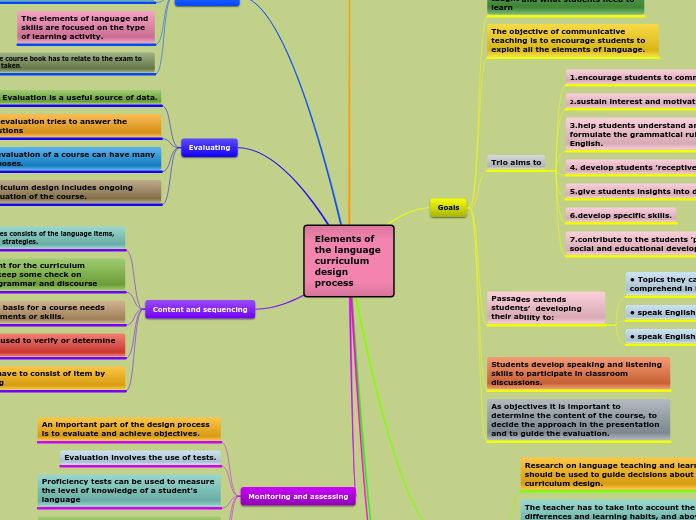

af Diana Ordoñez
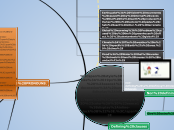

af Andrea Blázquez
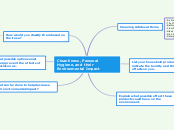

af Cordelia Gonzalez
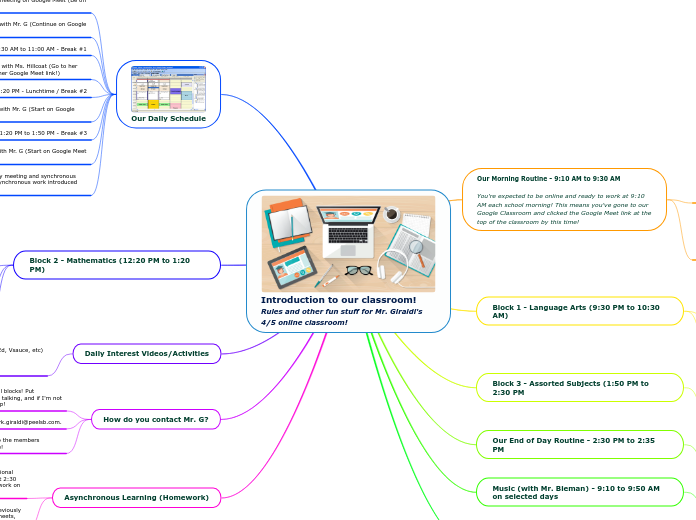

af Mark Giraldi - Cashmere Avenue PS (1260)
It is very clear the importance Mindset has on all
learning and especially the learning in the area of
mathematics. The value that is placed on making
mistakes and experiencing struggle. It raises the
questions:
How do we create a mathematical environment in the
kindergarten classroom which embraces mistakes, allows
for struggle and maintains a Growth Mindset? How do
we create an environment that is rich with opportunities
for exploring mathematics and where children can develop
their mathematical understandings? How do we make
math both attainable and enjoyable for all our students?
How do we value student thinking and utilize this
thinking to drive our instruction?
Rich Mathematical Tasks incorporate the 5 C's,
curiosity, connection making, challenge, creativity and
collaboration. When designing activities ensure they are
open, inquiry based, ask the problem before teaching
method, have a visual component, have a low floor and
high ceiling, and add the requirement to convince and
reason.
Subtopic
When reflecting on what inquiry means to me, immediately the words, “student centered” come to mind. Inquiry based learning is truly reflective of our students and their interests, strengths and needs. At the heart of this is understanding/knowing our children. Really listening to them, listening during their play, during their daily interactions, observing, documenting… Once we truly know where are students are and where we want them to go, we can then use their strengths and interests to move them along a continuum of learning by providing learning opportunities that are responsive to their interests and needs. We as teachers can no longer be the content but rather a vehicle to access the content. Content can be found anywhere but the real question is, do the students have the knowledge and skills to access and understand this content then make use of it in meaningful and relevant ways.